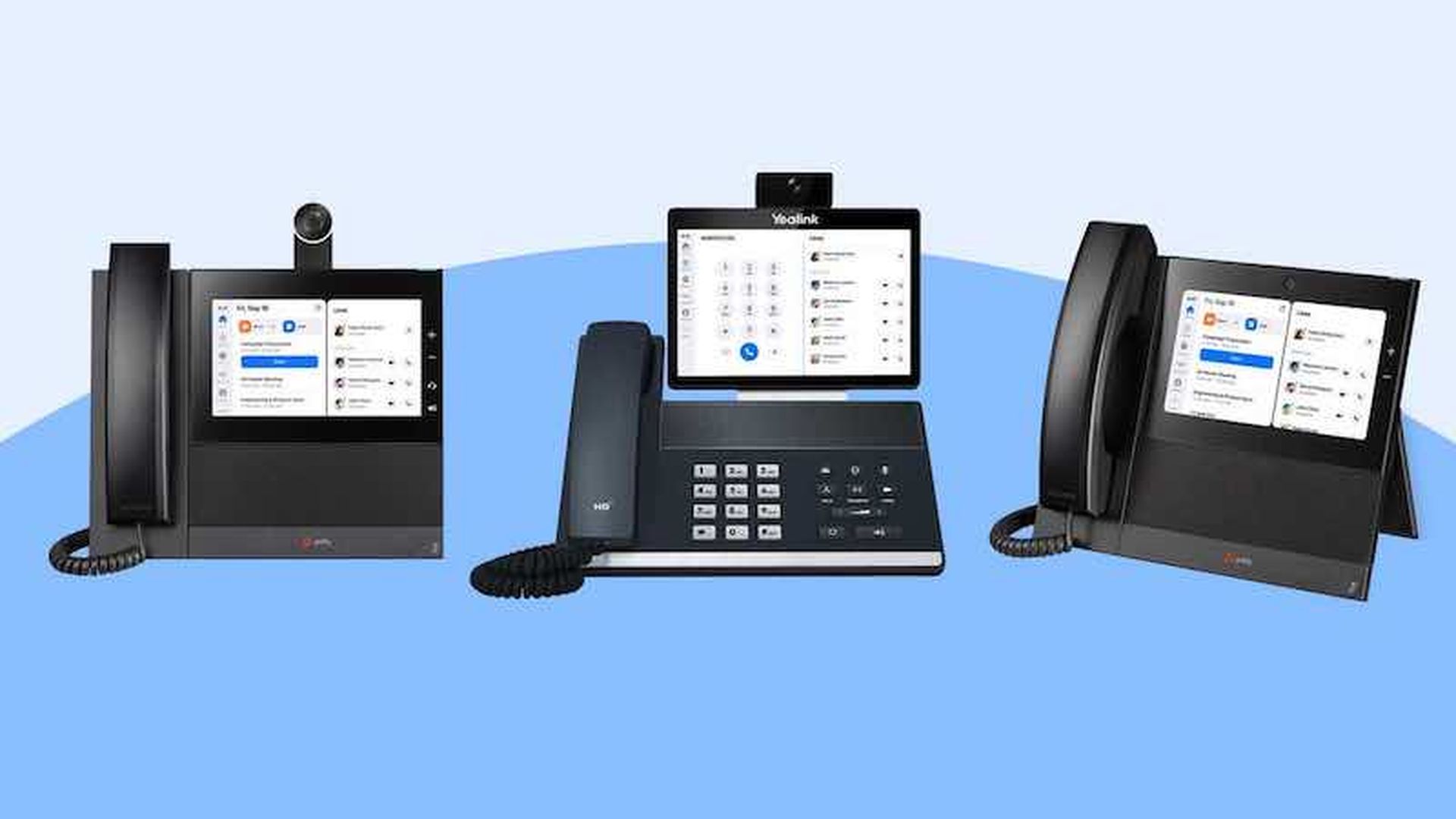Zoom Video Communications has partnered with Poly and Yealink to launch Zoom Phone Appliances. The desk phones are available via Zoom's Hardware-as-a-Service (HaaS) program as well as from authorized Poly and Yealink resellers.

The appliances combine Zoom technology with hardware from Poly and Yealink to create desk phones. The phones provide video and audio capabilities and touch displays. The devices support HD video meetings, phone calls, and interactive whiteboarding, the companies say.
Cari Dick, product marketing manager for Zoom Phone, provides more details here.
The appliances surface nearly one year after Zoom unveiled its HaaS strategy. The initial HaaS push, announced in July 2020, included third-party device options from DTEN, Neat, Poly, and Yealink. The HaaS effort supports both ZoomPhone and ZoomRooms.
Video Conferencing and UCaaS
The Zoom Phone appliances surface amid multiple inflection points in the cloud video conferencing and Unified Communications as a Service (UCaaS) markets.
Zoom, Microsoft Teams, Cisco Webex and Slack typically dominate enterprise collaboration headlines. Earlier this week, Cisco announced major updates to the Webex platform. And partners are preparing for deeper integrations between Slack and Salesforce, amid Salesforce's $27.7 billion buyout of Slack.

UCaaS for MSPs and SMB Customers
Meanwhile, the UCaaS market continues to grow -- though there is also UCaaS market consolidation through M&A deals.

Among the MSP-friendly UCaaS companies to watch: Cytracom recently hired Datto veteran John Tippett to further accelerate the business, and BVoIP has extended beyond phone, internal chat and mobile apps to support SMS, video/web conferencing, web chat, and integration to line-of-business applications.
Still, there are some question marks in the UCaaS market. For instance: Intermedia recently delayed an IPO because of "adverse" conditions in financial markets. It was a strange explanation, considering multiple technology companies launched successful IPOs in the first half of 2021.
Whatever the case, the UCaaS and video conferencing markets continue to converge in some ways. Zoom Phone Appliances are the latest example of that trend.




